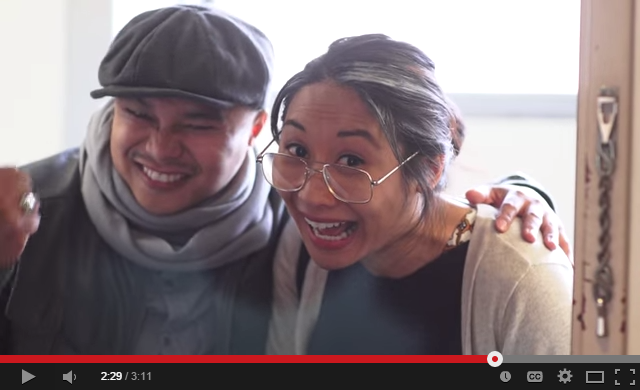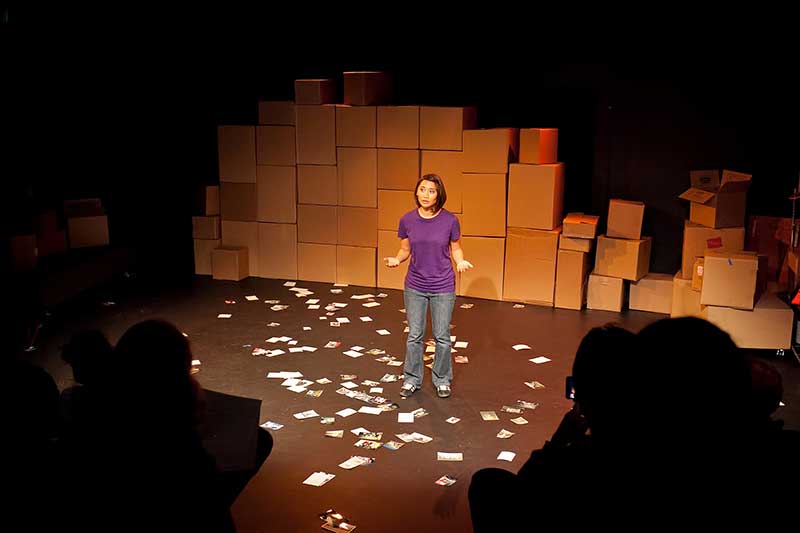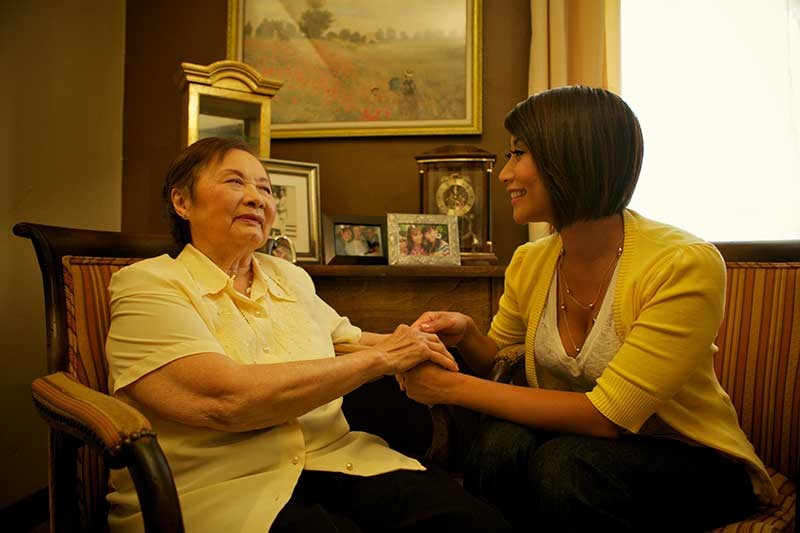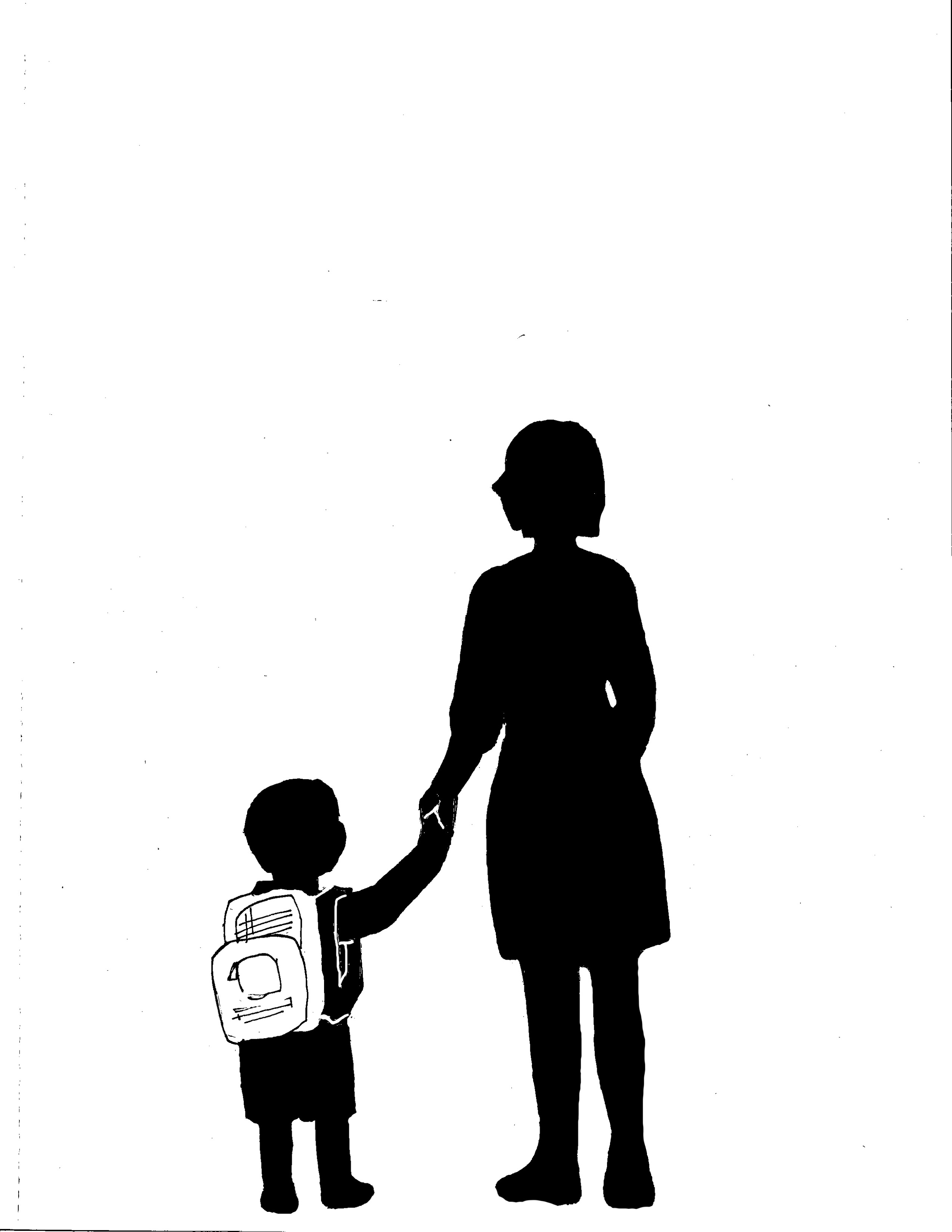Growing up with an OFW father, my life as a kid was comfortable and easy, especially compared to some of my friends. I always had the nicest toys, the latest and trendiest shoes, clothes, and school supplies. I enjoyed a pseudo-celebrity status inside the classroom. With more than enough allowance to go around, I'd often treat my friends to lunch and merienda, but all of these were short lived. After an emotional roller coaster ride involving pre-marital pregnancy, different sets and combinations of nervous break downs, and verbal confrontations, my dad lost his job.
It wasn’t even a year after when we experienced the difficult changes. We no longer could afford the lifestyle we were used to, but what’s worse is that we continued on living that life. It didn’t take long for us to go under and into debt. We never invested in anything, no property, no insurance, just a promising educational plan. And even that failed to deliver. If you remember the preneed industry collapse of the last 10 years, the company we got the plan from is one of those that closed down. At the turn of the millennium, our family was bankrupt.
Save Now, Not Later
Each year, thousands of Filipinos travel to the US, Saudi Arabia, Europe, and other parts of the world to work. Some end up staying and building a new life while some of them return to the Philippines after their contracts end. Most of these overseas Filipino workers send money back to their families via remittances or bank transfers, and some even send money online.
But did you know that not a lot of these OFWs are able to save money? Despite sending back up to 25 billion USD in remittances, these OFWs, and consequently their families, fail to save or invest as much as we’d think. The Philippine Statistics Authority reports that only two in five overseas Filipino workers are able to save money. So what exactly is going on?
When an OFW sends money back to their family, most of the time, it’s treated as a "monthly allowance" or a means to spend on luxury. Instead of being used to invest, in many families, the money is lavished on goods and services. It’s also a common case for OFWs to be supporting relatives that aren’t necessarily immediate family. Filipinos have the notion that when someone works abroad, he or she is earning dollars and has a lot to share.
There's also the prevailing "mamaya na" attitude where Filipinos put off almost everything for later. This attitude becomes a bad habit that's hard to break, especially if the person or people the OFW sends money to has an existing debt. Carelessly spending money without saving for emergencies or setting aside a small amount to pay off debts will lead to a financial tragedy that can easily be avoided.
As the saying goes, "Don't put off until tomorrow what you can do today." This very much applies to saving money: the earlier someone starts saving money, the more money is saved.
Communicate Your Concerns and Be Firm
If you are an OFW sending money over to the Philippines, have a hearty discussion with your loved ones on what to do and what not to do with the money. Ask them to give proof that they have indeed placed the money in a savings account and if they fail to do so for one reason or another, it might be time that you start a savings account on your own. This will enforce a little discipline when it comes to saving.
Work with your family on budgeting your finances. Try methods like the 50/20/30 saving formula whereas, 50% of what you send via remittances should be spent on basic necessities (rent, groceries, education), 20% should go into savings or paying off existing debts, and the remaining 30% is the allowable expenditure for "lifestyle," or spending for luxury goods like gadgets, beach vacations, and the occasional lechon for a celebration or party.
The good thing about this method is that it’s flexible and you can increase your savings or cut back on your lifestyle expenses, depending on your financial goals.
Support Each Other and Work Together
Help your family back in the Philippines manage their remittances. Your family must understand that you’re working in a different country for their sake, so they should not be wasting money. In problematic cases such as relatives feeling resentful if you refuse to let them borrow money, you must know how to set limits or say no if you have to.
Most of those who are OFWs live with the barest necessities because they send most of what they earn back to the Philippines. It’s a huge sacrifice and you need all the support you can get from your family.
Encourage your family to do research in investment options and details or seek a money expert’s advice. Financial literacy advocacy has been gaining grounds in the Philippines. With the wider availability of resources online, people are starting to be more informed and involved in this. Of course, taking part of such activities comes with risk. Study the factors that you need to consider before investing your money. Weigh in the benefits with risk and make educated decisions.
The one working abroad shouldn't be the sole shining beacon of light for the whole family. Every member should pitch in. We treated our dad more as a financer than a member of the family, and that was our mistake. Don’t let your family make the same mistakes that most do. Who knows? With everyone working together and with sound investment plans, you might be on your way to an early and prosperous retirement.
Jeff Lizardo is an entrepreneur and a marketing associate for MoneyMax.PH. Together with his friends, he runs a music bar / venue / café that hosts gigs that feature OPM independent musicians and bands. A former Physics teacher relatively new to blogging, his most common literary works consist of lesson plans, grading sheets, and parent-teacher correspondence letters. He also worked on a variety of love letters as a boy. You can follow him @JeffersonLizard.










